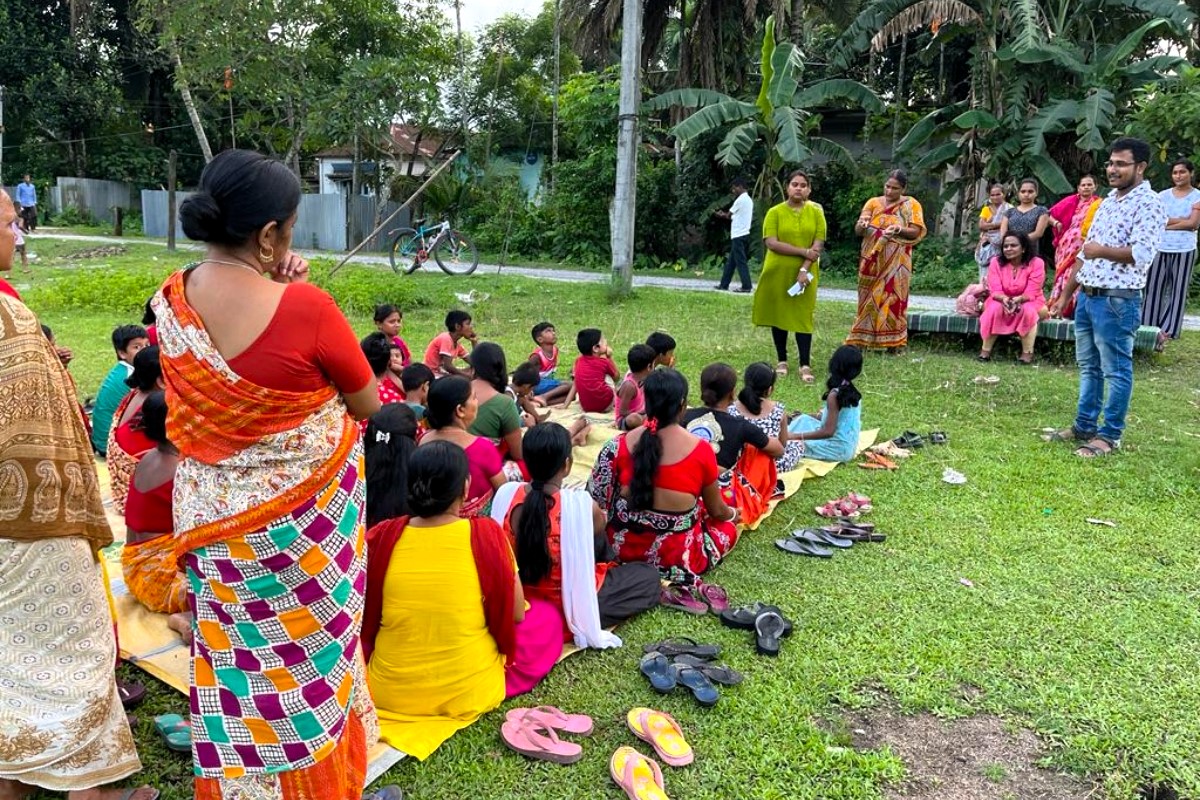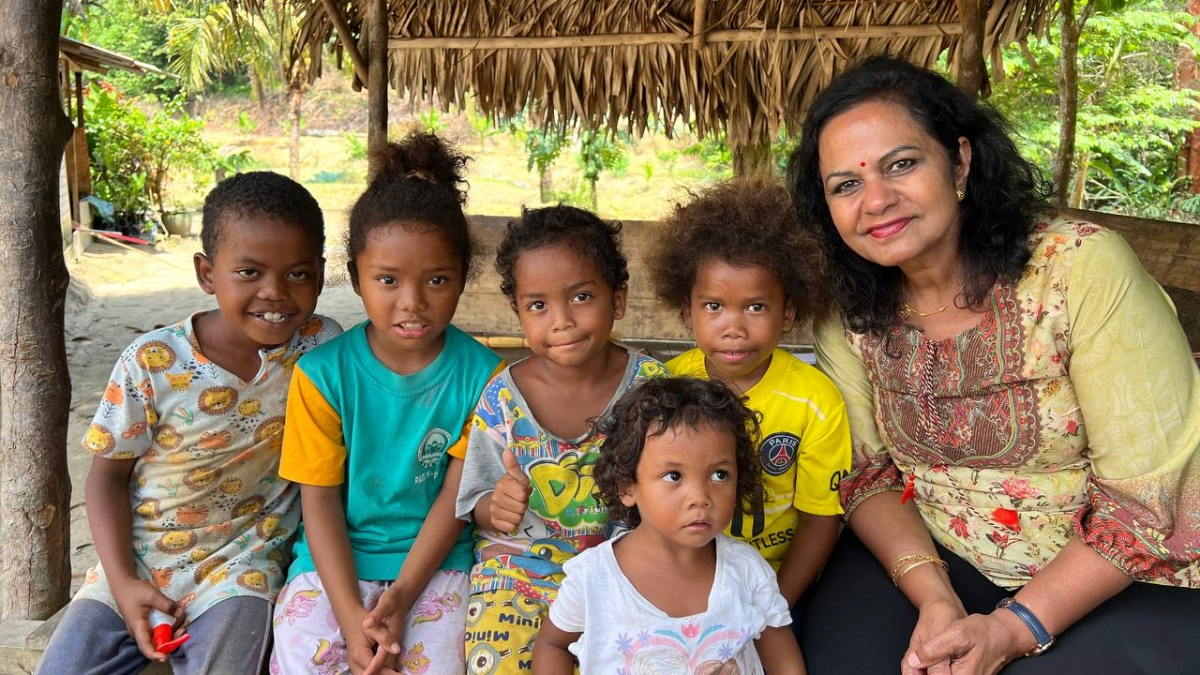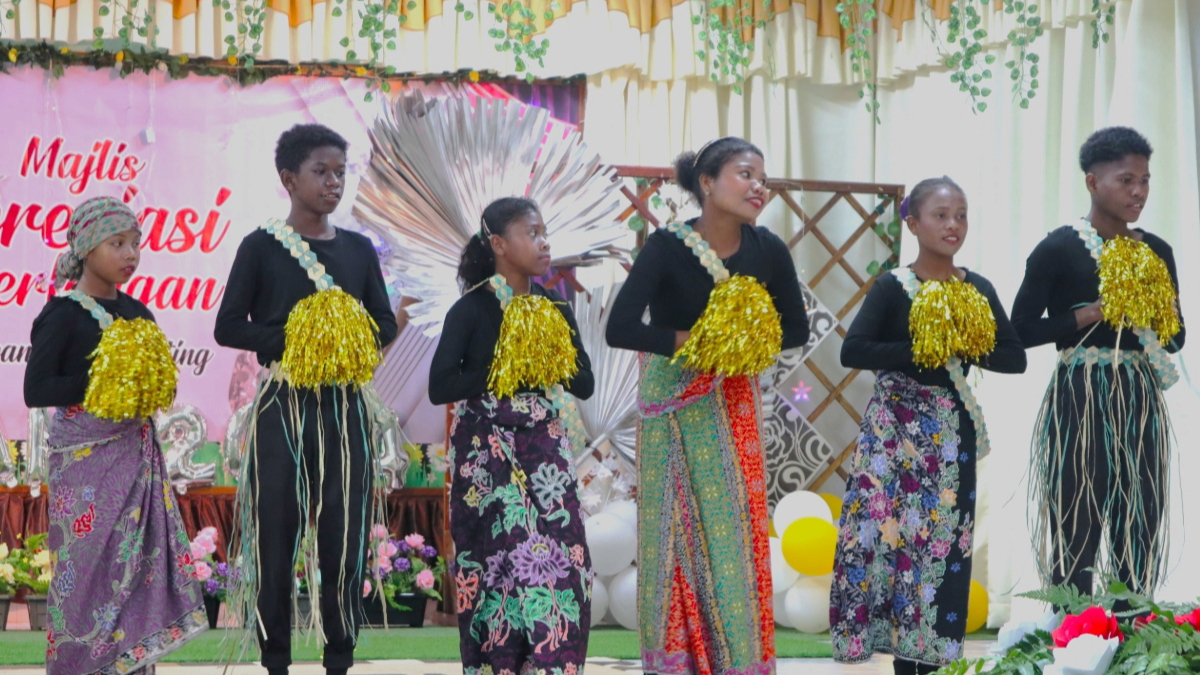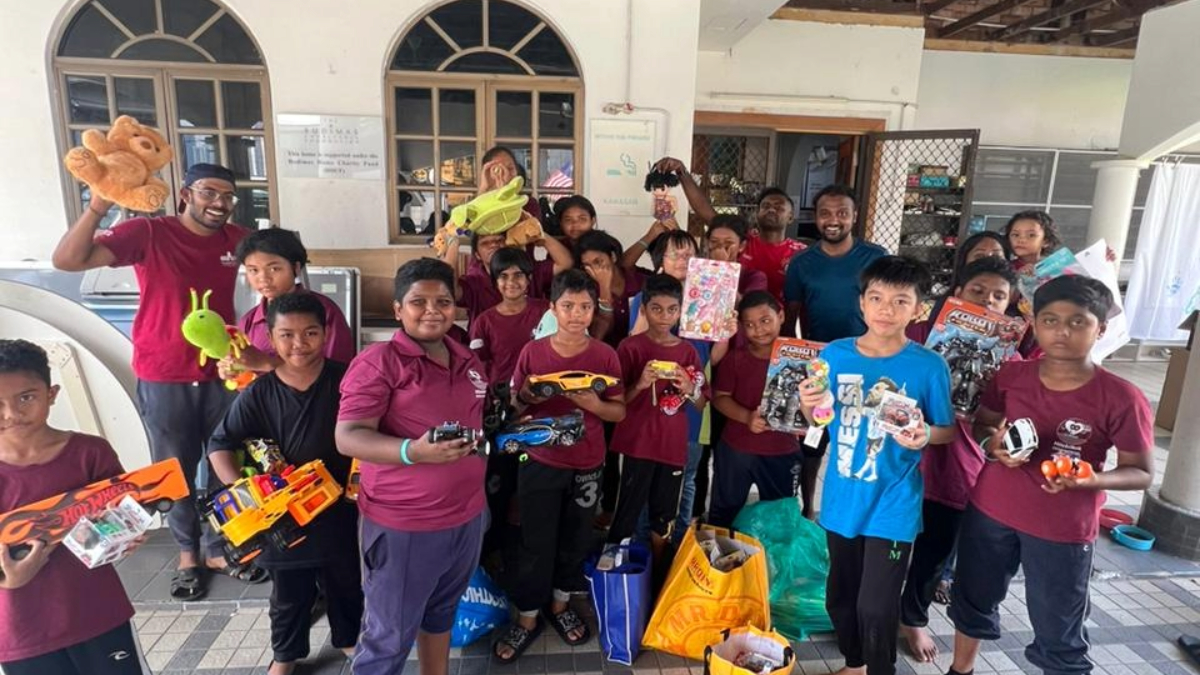Sampriya, a bright-eyed 10-year-old from Kaliyagunj Denguajhar village in Jalpaiguri, India, was born into a hardworking family determined to secure a brighter future for her. Recognising the importance of foundational literacy and numeracy skills, her grandfather enrolled her in school while her parents — a daily wage labourer and a domestic worker — were compelled to entrust her care to him as they focused on earning a livelihood.
Unfortunately, Sampriya initially struggled with reading, spelling, and comprehension — until her educational journey took a hopeful new direction in 2023 when she joined Parinaama Foundation’s Foundational Literacy and Numeracy (FLN) programme.
Making Literacy Education More Accessible
Parinaama, a partner of RYTHM Foundation dedicated to education and community development in India’s remote regions, launched the project in rural North Bengal to alleviate poverty in the area. The foundation also partnered with Door Step School to provide resources to enhance reading and math skills.
The three-year “Enabling Foundational Literacy and Numeracy” initiative will continue until 2026 to provide opportunities for children like Sampriya in impoverished communities.
These classes, tailored for struggling children, transform their learning experience by integrating play with study, making education engaging and enjoyable.
In just a few months, Sampriya demonstrated remarkable progress, mastering essential mathematical concepts, achieving reading fluency, and greatly enhancing her spelling skills. Her development not only bolstered her self-confidence but also earned her advancement to Class 5.
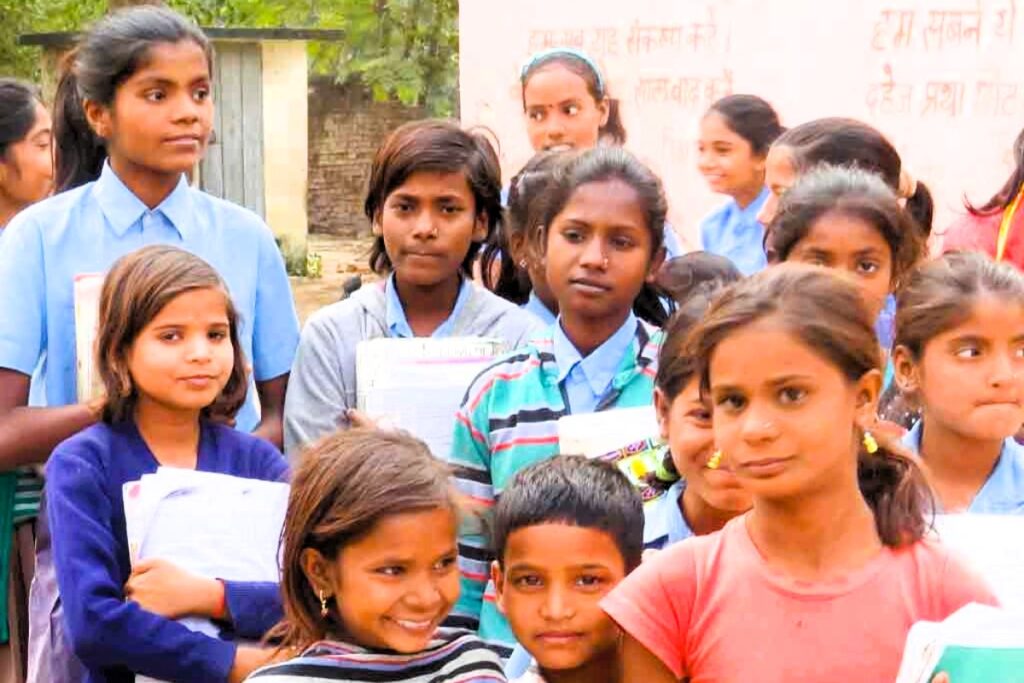
One Step Closer to a Dream
Nandini dreams of becoming a doctor someday. Like Sampriya’s parents, hers also struggles to make ends meet.
Her father works far from home, leaving her mother to manage the household and a small shop independently. Despite these challenges, Nandini’s parents are committed to ensuring she receives the best possible education.
The nine-year-old, now in Class 5 at the Baropatiya Pachiram Nahata High School, also participates in the FLN programme to improve her reading and math skills.
Nandini’s teacher, Alok, recalls her initial struggles with reading, spelling, and mathematics.
“At first, she was not well-versed with words with complicated spellings. She even struggled to read sentences. But she has made a marked improvement in her learning level. She can easily read, write, and comprehend words,” Alok notes.
Nandini has likewise made significant progress in her math skills. She can now perform basic calculations, including addition, subtraction, and division, which she struggled with previously.
Why Foundational Literacy and Numeracy Skills Matters
UNESCO estimates that over 617 million children and adolescents worldwide are not achieving basic proficiency in reading and mathematics. This stark reality emphasises the urgent need for foundational literacy and numeracy education, particularly in underserved communities.
Without these essential skills, millions of children face limited opportunities for personal growth and economic stability. Literacy education goes beyond academics — it’s a powerful tool for breaking the cycle of poverty. Programmes like the FLN initiative allow children to overcome these barriers.
Sampriya and Nandini’s stories show how education can transform lives, giving them the tools to succeed in school and beyond. With improved reading and math skills, their futures are filled with new possibilities.
Click here to learn more about how communities aim to reduce poverty through education programmes with RYTHM Foundation’s assistance.

